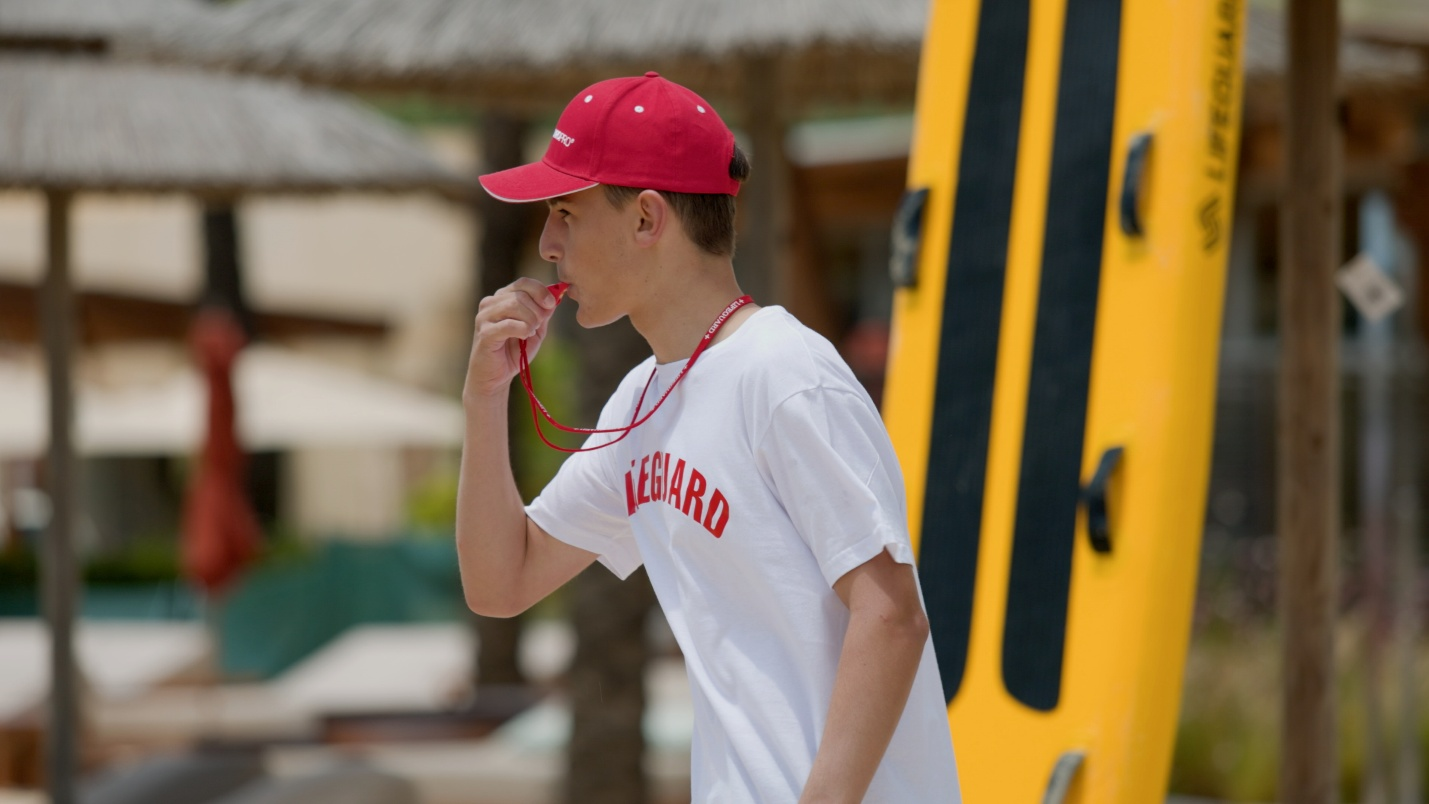Often thought of as temporary jobs, summer jobs provide students and young adults with a means of earning extra money over their holiday. What many miss, though, is the career opportunity some of these jobs present.
Becoming a lifeguard is among the most ignored yet fulfilling summer job avenues. This position could open doors to a stable, fulfilling, even lifelong career with appropriate lifeguard training and lifeguard certification. The skills developed in lifeguarding translate into a lot of job possibilities, from ocean rescue operations to community pools.
Becoming a lifeguard doesn’t call for years of study or a lot of money. Candidates can be ready to enter the workforce with just a few weeks of concentrated instruction. This makes it a great choice not only for students but also for fitness enthusiasts and those changing jobs.
Develop Critical Skills via Lifeguarding
Any successful career’s base is a person’s talents, and lifeguarding offers a remarkable array of transferable abilities. Lifeguard instruction helps people develop excellent communication skills, fast decision-making skills, and sharp situational awareness. From education and hospitality to emergency response, these are abilities prized across many different sectors.
You discover more than simply how to do rescues when you earn lifeguard certification. You learn how to stay calm under pressure, handle conflict, and react with controlled accuracy to emergencies. Employers across all industries seek these leadership traits. The obligation that comes with protecting lives helps kids develop responsibility and professionalism early on.
Professional Development in Aquatic and Beyond
Many people start lifeguarding thinking it’s only a temporary job, but it often turns into something else. Lifeguards can move to supervisory roles, including head lifeguard, aquatic manager, or facility director, as they gain experience. The range of possibilities expands further with extra certificates in emergency medical response or water safety training.
There’s also an opportunity to turn into related areas like law enforcement, paramedics, firefighting, or physical therapy. These jobs profit from the physical fitness and lifesaving abilities developed by lifeguard work. Some even get positions in personal coaching, health education, or athletic training.
Many times, institutions and universities regard candidates with lifeguard certification as disciplined, reliable, and capable under pressure. These characteristics could open up scholarships or part-time campus employment in the recreation divisions. Employers recognize that lifeguards are dependable people who have completed extensive training and demonstrated themselves in actual settings.
The Road to Certification:
Becoming a lifeguard is a systematic, straightforward, results-oriented process. Usually, starting with signing up for lifeguard classes includes both theoretical and practical training. Candidates study CPR, AED use, first aid, rescue methods, and water safety regulations. The certification process also includes physical fitness assessments to guarantee that every applicant can manage challenging rescue situations.
Most programs have flexible scheduling to fit part-time employees or students. Many complete their training in as little as two weeks with hard work. Participants get their official lifeguard certification after passing the final written and practical tests, which qualify them for employment at fitness centers, water parks, beaches, and swimming pools.
Beyond the fundamental course, several companies provide specialized certifications for work in particular contexts. Those wanting to do ocean rescue, for example, might enroll in openwater training; those concentrating on pools might pick up sophisticated scanning methods and crowd management techniques.
Lifeguard training for a Wellness Lifestyle
Besides job perks, lifeguarding encourages a balanced lifestyle. The work itself calls for physical readiness, stamina, and daily swimming, which motivates lifeguards to remain in shape. In addition to teaching information on injury prevention, hydration, and physical fitness—abilities that transfer into personal life and long-term health practices—lifeguard lessons also impart wisdom.
Many who begin as lifeguards become role models in their communities, finding themselves drawn to health-oriented lifestyles. Some people become swim coaches, fitness trainers, or supporters of youth activities. Often resulting in lifelong interests in health and preventive care, the work is fitness-oriented.

